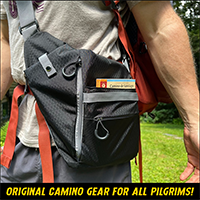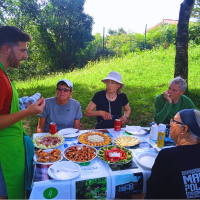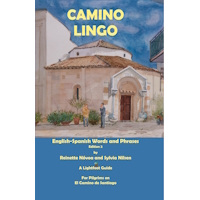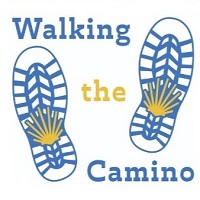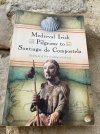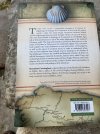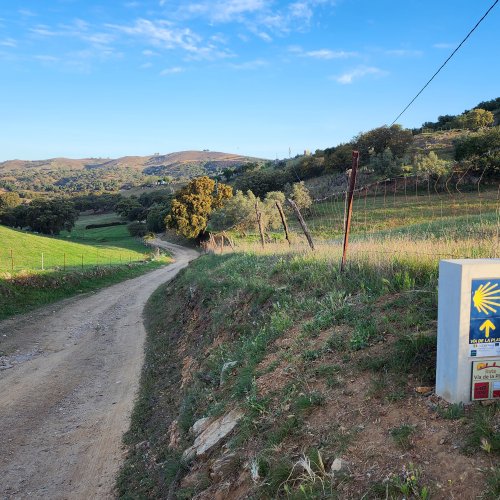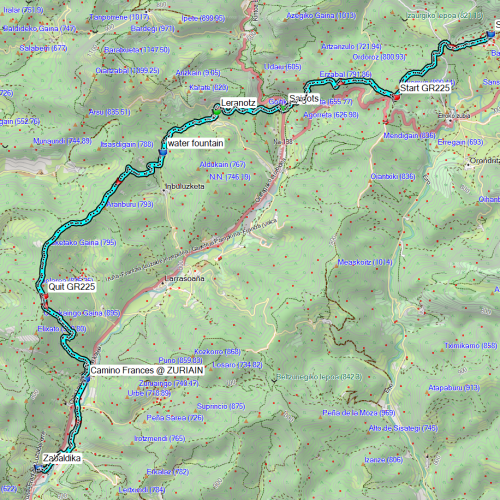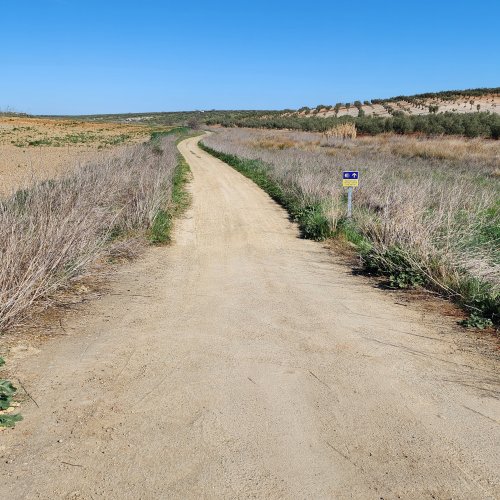- Time of past OR future Camino
- 2016, 2022, 2023, 2024, planned 2025
I have just finished my time as hospitalera at Canfranc's Elias Valina Albergue. This albergue is only for pilgrims with a credential who are walking unsupported. Our last night we had a couple of lads who "claimed" to be pilgrims, however, they were were just boys out hiking one of the popular GR routes and wanted a cheap bed. We didn't allow them to stay, but it did get me to thinking...
Of the pilgrims who stayed with us, only a handful expressed the intent to walk all the way to Santiago. Many were experienced pilgrims wanting to walk a less traveled route and planned to leave the Camino at or before it met with the CF at Puenta la Reina.
Many of us only walk a short segment each year without the intention to go to Santiago, myself included, although some pilgrims walk a short section and then return to finish eventually in Santiago. It does seem like after the first Compostella is earned that the Santiago goal is less important to many.
So, are we pilgrims when we want to walk part of a Camino or are we just hikers? Should we stay in albergues with the pilgrim spirit? I still feel like a pilgrim when I walk the shorter distances and that feeling is different than when I am a hiker at home in the mountains where I live.
I am sure this thread will generate opinions, so please let's be civil to each other. I just want to reflect on what makes us feel different between hiking and pilgrimage.
Of the pilgrims who stayed with us, only a handful expressed the intent to walk all the way to Santiago. Many were experienced pilgrims wanting to walk a less traveled route and planned to leave the Camino at or before it met with the CF at Puenta la Reina.
Many of us only walk a short segment each year without the intention to go to Santiago, myself included, although some pilgrims walk a short section and then return to finish eventually in Santiago. It does seem like after the first Compostella is earned that the Santiago goal is less important to many.
So, are we pilgrims when we want to walk part of a Camino or are we just hikers? Should we stay in albergues with the pilgrim spirit? I still feel like a pilgrim when I walk the shorter distances and that feeling is different than when I am a hiker at home in the mountains where I live.
I am sure this thread will generate opinions, so please let's be civil to each other. I just want to reflect on what makes us feel different between hiking and pilgrimage.




